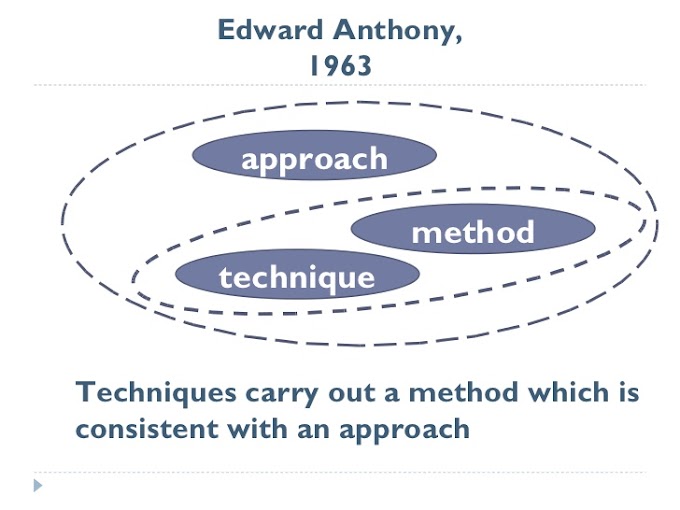Langston Hughes was a black American. In his literary works he has depicted the pictures or rather ugly pictures of American life. In answer to the present question we are concerned with his poems in regard to his portrayal of some aspects of American Iife.
"The Negro Speaks of Rivers" is a famous poem which was published in Crisis, a magazine of the NAACP (National Association
for the Advancement of Coloured People), in 1921. It celebrates the
voice and soul of the black people of America in a time when racial
intolerance, injustice and inequality in America were the most prominent aspects of her social and political life. The poem connects the soul and heritage of the African-American community to the four biggest rivers in the world. It thus proves the ancientness of the Nigro race, and thereby claims equal rights of the black people with
the white.
Nearly a hundred years after the proclamation of Emancipation by
Abraham Lincoln African-Americans were still regarded as inferior of America, and were denied equal rights and privileges with the white. The speaker of- the poem is a black
American who works as a servant In a white man's house. When visitors come to his master s ouse e IS sent to the kitchen to have his meal there. A picture of inequality is portrayed in a few plain sentences. The picture is very short but very powerful. The rest of the poem is taken up with the optimistic expressions of the black
servent, the optimism is that in the future he will be treated as an equal
with the white. The poet has symbolically placed his protest against the discriminations between the black and the white.
'The Weary Blues" depicts the sufferings and frustrations of the
black Americans of the 1920s. The speaker of the poem heard a negro sing singing the song drowsily and-was-rocking-back and forth while singing. His ebony-black hands were playing the ivory-white keys of a piano. The piano seemed to moan with melancholy. He was singing
like a musical fool on a rickety stool under an old gas light. The song
was about the Negro's having nobody or nothing in the world. He
sang:
Ain't got nobody in all this world,
Ain't got nobody but ma self.
He continued his song, expressing his mental conditions—his sorrows and frustrations due to being given unequal treatment by the society. His song concludes with his wish to die:
I ain't happy no mo'
And I wish that I had died.
Though the poem does not give any direct picture of the oppression of and injustice to a black man, it gives an expression of intense suffering and frustration which appear as results of oppression and injustice.
The poem "Harlem" gives expression to the theme of possible consequences of a dream if it is deferred in realization. The dream of
a black American is not realised, dug to his being treated as a sub-human being. and so despair and frustration appear as a consequence
of suppression of the dream. It is a short poem, but it has great possibilities of a violent explosion. When a dream is deferred what
happens? To this question the poet answers:
Maybe it just sags
Like a heavy load.
Or does it explode?
Langstone Hughes thus depicts directly or indirectly some ugly aspects of American life in many of his poems.





0 Comments